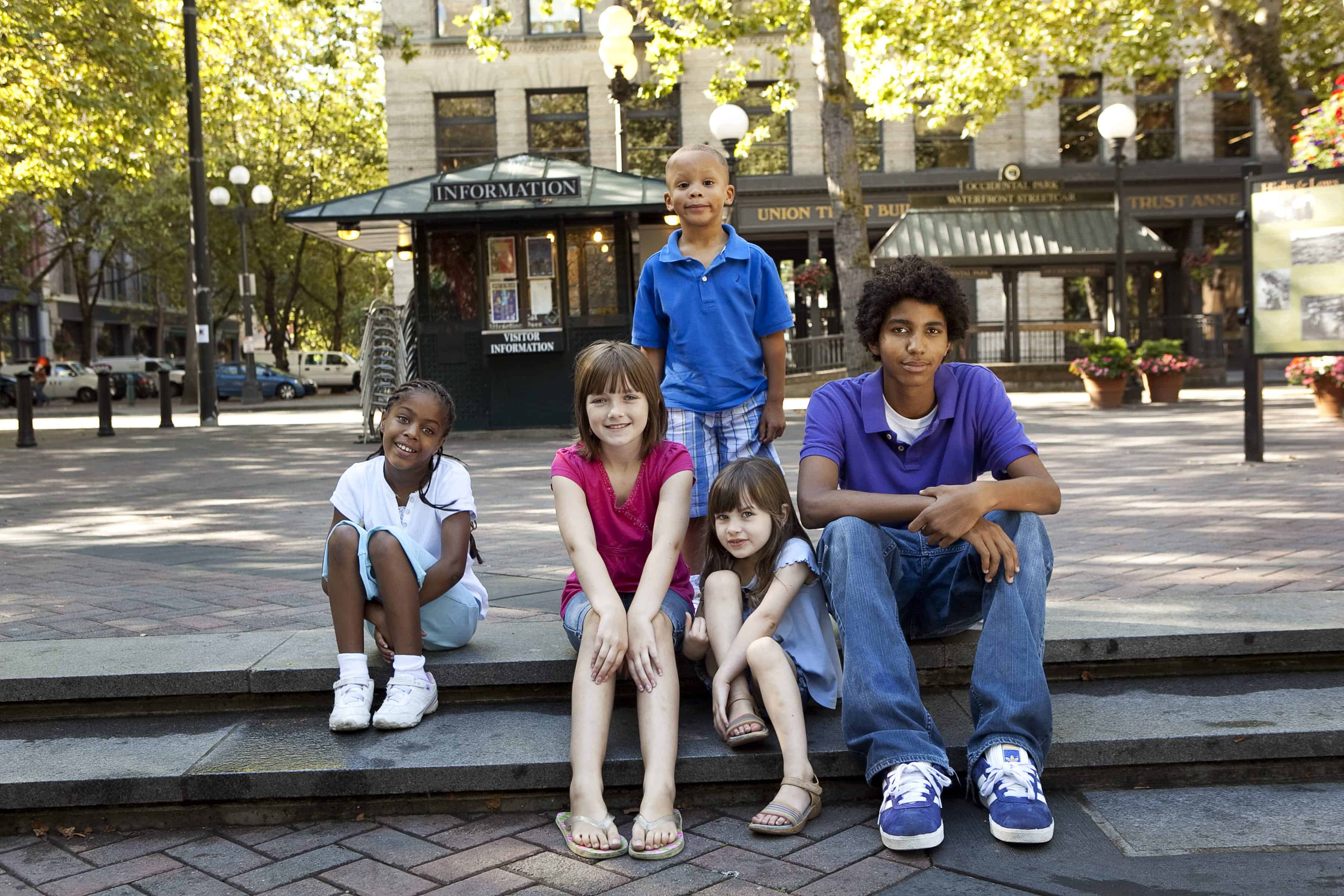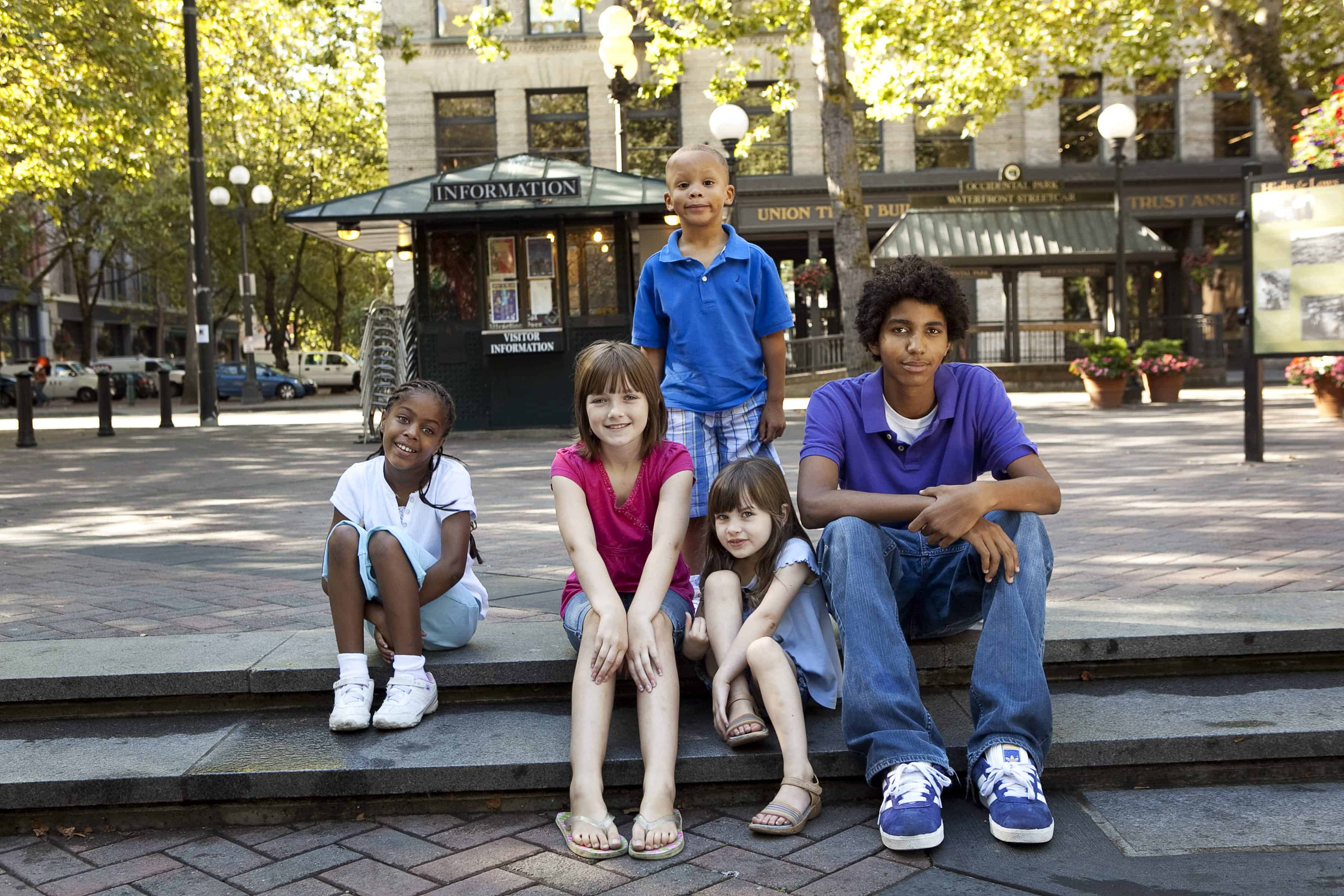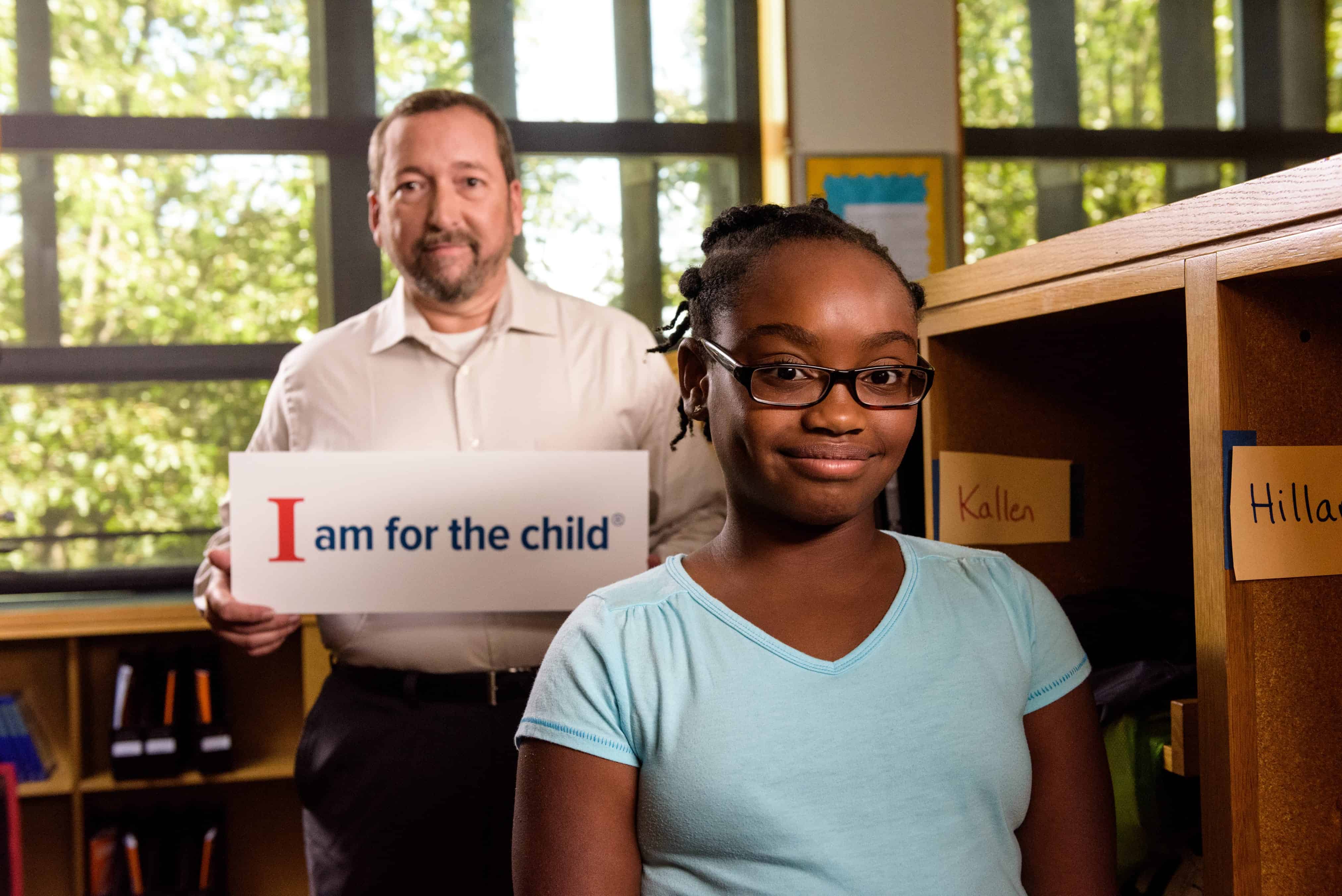

In the state of Pennsylvania alone, there are between 13,000 and 15,000 kids in the foster care and child welfare system, according to the Pennsylvania State Resource Family Association. Due to a lack of resources, many of these children are moved through the system by adults who have the best intentions, but may inadvertently place the children in living arrangements that can negatively affect them.
Court Appointed Special Advocates (CASA) for Kids is working to remedy this problem. Although the actual process involved in the child welfare system is complicated, CASA's mission is simple: to advocate for abused and neglected children across the nation. Today, there are 1,000 CASA programs across the United States that help 250,000 children each year. The organization is in its fifteenth year in Washington County.
The concept for CASA was born in the late 1970s when a judge named David Soukop began to realize that he often didn't have enough information to make informed decisions that would potentially affect children for the rest of their lives. He started CASA with the mission of creating a community whose volunteers could dedicate their time and effort to one child each, giving their cases the attention they need and deserve.

Kelley Swift, CASA's Board President, says that every CASA case is unique, but she often shares this hypothetical example of what the process may look like for a family of four kids between the ages of two and eight years old: "Say the case comes to the court's attention because the mom overdosed. No eligible family members come to take care of the kids, so they get put into foster care, at which point Judge [Michael] Lucas assigns the children to CASA."
Meanwhile, a new volunteer named 'Matt' has been sworn in by Judge Lucas. He's done court observation, has had the proper training, and has been approved by CASA - he's ready to take on the case. After requesting, receiving, and reading through about two file drawers' worth of files about the children, Matt finds that the family has been active in the system for about ten years. He now sends out requests to every doctor's office, daycare, and school his assigned child has attended, and he seeks police reports for every address the child has lived at.
"Matt begins to visit with each kid, as he's required to do at least once a month to see the conditions each child is living in. He speaks to each child, getting to know each of their personal likes and dislikes. He goes to observe a portion of the children's visits with their mom and takes notes. He carefully documents what he's learning and submits a report that includes a timeline, documents instances of abuse and drug and alcohol use, and later attends a hearing where he presents his report and makes recommendations for each child's needs."
Despite the importance and deep impact of their work, CASA struggles to attract and retain volunteers. This type of volunteer work can be demanding, and CASA needs more community members to step up. More to the point, the children CASA aims to serve need more support from the community.
"As a board member, it's heartbreaking to know that there are 30 kids still waiting to get CASAs," says Swift. She emphasizes that even a task as challenging as being a CASA volunteer can be done by just about anyone whose heart is in the right place. "The volunteers come from all walks of life. We have stay-at-home parents, retirees, grad school students, engineers - they're all amazing. We normally have training classes in the spring and fall, but if we have a large group of people ready to train, we'll add a training class in between."

Carrie Richardson, CASA's Executive Director, echoes Swift and believes that one key quality can make someone a truly great CASA volunteer: a big heart. "We need volunteers who have the ability to see the good in people even when they're faced with some of the most heartbreaking and ugly cases," she says. "It's achievable even if you're working full-time. We're looking for volunteers who aren't doing this out of vigilantism, but out of compassion for the kids - someone wanting to make a difference and make a difference in their future."
Visit CASA of Washington County's website to learn more, donate, or become a volunteer.
"*" indicates required fields